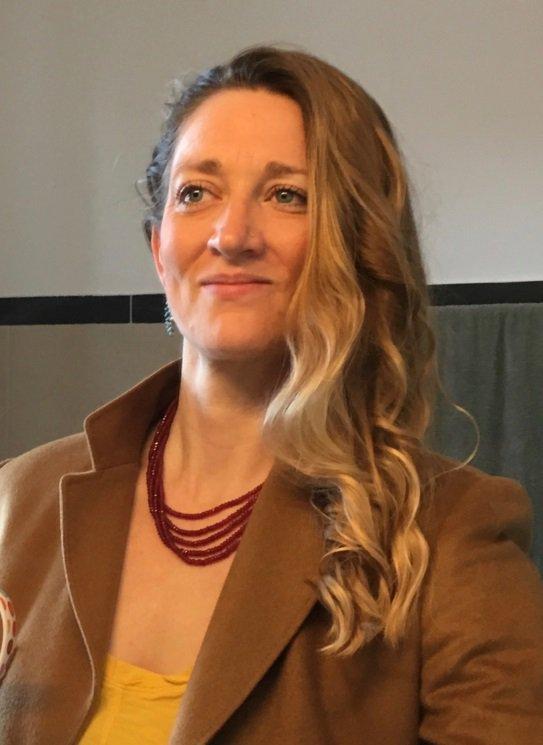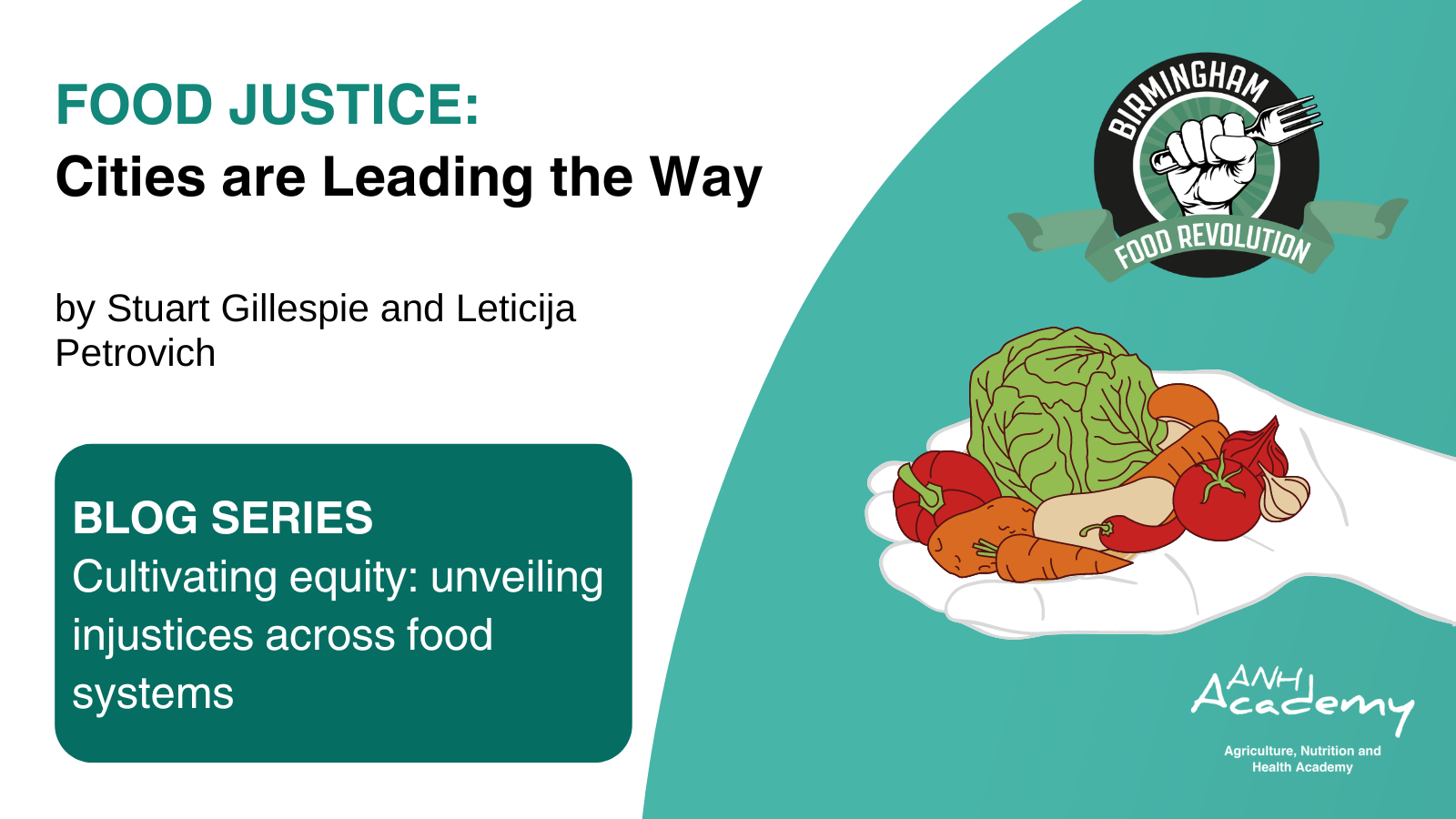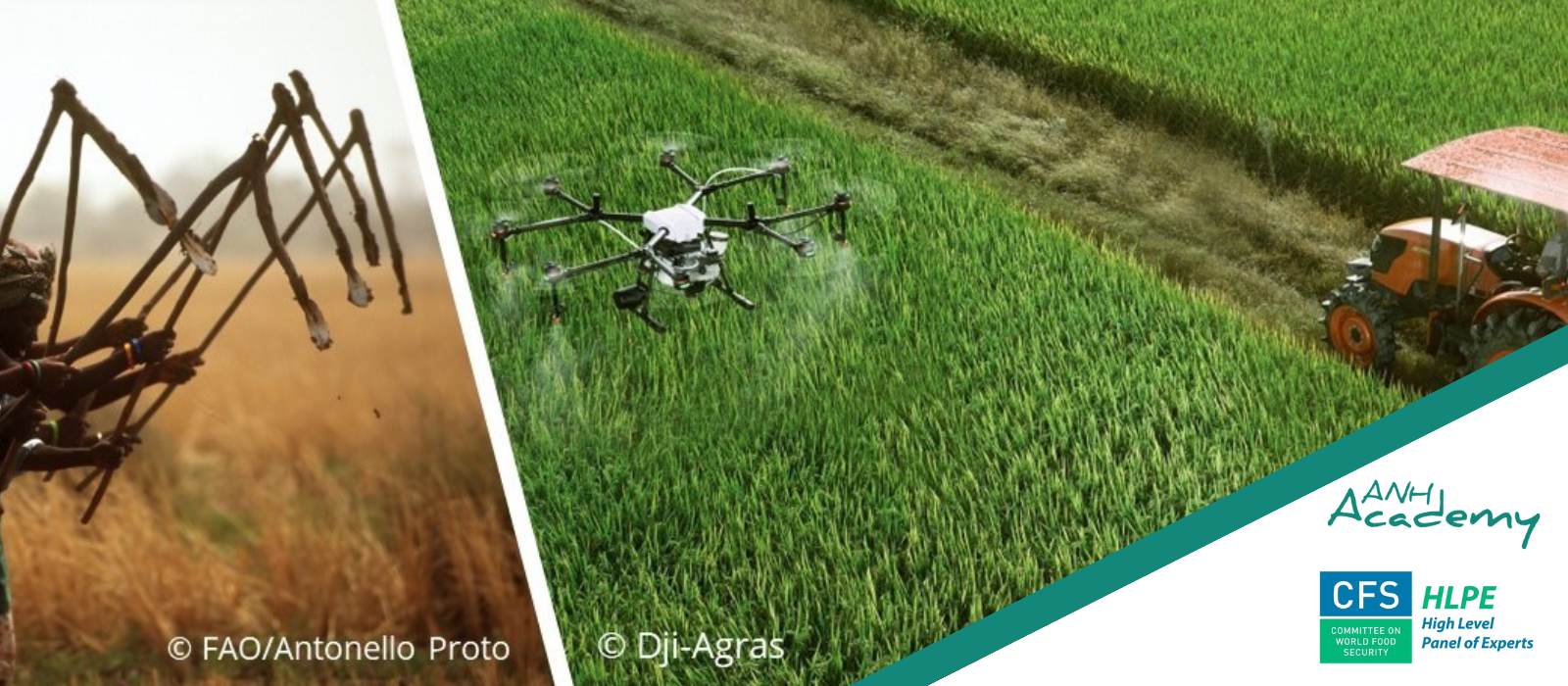How would you describe your journey as a woman in science?
First of all, I chose to go to Smith College for my Bachelor’s, an all-female university, one of the first institutions in the U.S. to offer higher education to women, one of the Seven Sisters. It didn’t matter to me at the time that it was only women, I just wanted to go to the best school that accepted me. Many of my classmates found it empowering and liked the dynamics in the classroom. We all took classes at the neighbouring co-ed consortium schools, so we observed the contrasts. In my Master’s in Public Health at Columbia, clearly there was no issue with women entering public health science because my fellow students were 85% female. Gender was a common discussion in every arena, but I did notice that the faculty were certainly not 85% female, which I understood to be a reflection of the field of Public Health coming into its own having drawn upon many other tributary sciences where men may have dominated, especially in previous eras. When I moved to Germany, the academic structure was very different than in the US, with a strong sense of tradition, which I felt might have contributed to gender disparities there, especially in leadership. There is active dialogue and policy changes afoot to change these dynamics to be more balanced, but it takes both effort and time.
Do you see any barriers that women scientists face?
 First of all, I realise that I don’t face that many barriers, especially as a well-educated American. Brave, wonderful women before me (of science and beyond) have made my life so much easier. I can’t thank them enough. For them it wasn’t a question about what kinds of barriers they faced – they were overt and daunting. They fought big battles on behalf of all of us.
First of all, I realise that I don’t face that many barriers, especially as a well-educated American. Brave, wonderful women before me (of science and beyond) have made my life so much easier. I can’t thank them enough. For them it wasn’t a question about what kinds of barriers they faced – they were overt and daunting. They fought big battles on behalf of all of us.
I love my work and I have delayed certain life choices because I want to excel in my career. I have to travel a lot for fieldwork. For instance, I felt that it was very important to have experience living with the people for whom I worked, and I lived in a tent in South Sudan for two years. Some of the men working alongside me had families and they didn’t seem impacted the same way that I would have been. In fact, had I been married or had children, I don’t think that experience would have been feasible.
What do you think research institutions could do to tackle those barriers?
Institutions could be more equitable in helping people make life choices that don’t adversely affect their careers. We need to do our best to understand the changes that are happening at the moment, what men and women want, and how to organise life in a way that works for everyone. We are all different, as individuals and as men and women. It is important to have a diversity of perspectives in the scientific environment. In science, the organisational structures to offset child-bearing are particularly important since research and the sciences are highly competitive. It is very difficult to take significant time away and be at the same level as someone who never left. The burden doesn’t always have to fall on the woman. I think some institutions are doing a bang-up job of trying to address these issues, and I am grateful for that.
What does it mean to you to be a woman in science?
To me, being a woman in science means, first and foremost, using the language of science to support and advocate for people all over the world whose voices, whether hungry or oppressed or shamed or in danger or without means, are not being heard for whatever reason, be it political, social, or cultural. Many of those people across the world who aren't heard are women. Although I am sure that there are differences in the way that I am treated because I am a woman, I find that I can overcome many of these biases in various ways, particularly as a well-educated, tall American. For these global women, I feel a great responsibility to use science in its most potent form to serve those who cannot compensate their gendered experience in the way that I can.
I recognise that as a woman I don't have to fight nearly as hard to be part of the scientific narrative as my courageous foremothers did - and that is a tremendous gift, and one which I am keen to appreciate and use.
If you are a scientist of any sort, the language you probably value most is one of methodology and rigour, deep observation, and innovation. Women don't want artificial equality or to be put on a pedestal because they've 'made it' scientifically as a woman - that would drive any scientist crazy. But we do want the opportunity to rise, on merit, as easily and fully as any other counterpart.
I think we have arrived at a point in history where there are salient questions about whether there are equal opportunities to rise in the scientific ranks, especially given the differences between men and women. These questions should be considered with the same rigour with which we consider our own subjects, and the answers that are sifted out of the chaff should be taken seriously.







